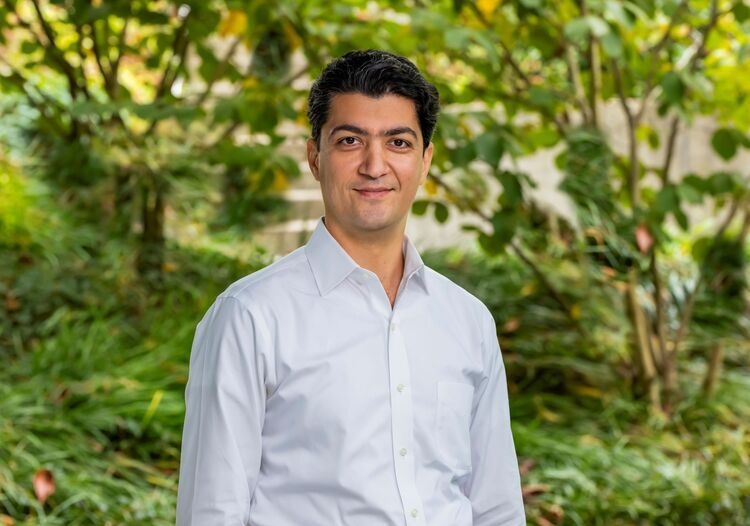
Events
Prof. Reza Moini - Experimental and Computational Fracture Mechanics of Layered and Statistically Architected Materials

Please join us on Wednesday, September 10, 2025 for the Pierce Seminar at 4 PM in Room 1-131 with Prof. Reza Moini.
Abstract Title: Experimental and Computational Fracture Mechanics of Layered and Statistically Architected Materials
Abstract:
In the face of the world’s growing population, there is a need to develop stronger, tougher, and more resilient civil infrastructure materials. Two primary challenges are in enhancing the fracture resistance of brittle construction materials that have limited toughening mechanisms and advancing the digital fabrication processes that enable realization of these mechanisms at scale.
Enhancing the fracture resistance of human-made brittle and quasi-brittle such as cement-based materials is challenging due to the limited microstructural toughening mechanisms. This seminar aims to elucidate several approaches for engineering toughening mechanisms in brittle cement-based materials inspired by tough natural systems (i.e., nacre, bone, sea sponge). The examination of fracture properties, behavior, and underlying toughening mechanisms is carried out based on linear and non-linear elastic fracture mechanics using experimental (resistance curves) and computational (coupled phase field-cohesive zone model) approaches. In particular, engineering toughening mechanisms in hard-hard and hard-soft architected arrangement containing interfaces, such as those found in the brick-and-mortar arrangement of mollusk shells (e.g., tablet sliding, crack bridging) and in the tubular arrangements of human cortical bone (e.g., crack deflection) are elaborated experimentally and numerically. It was found that additional toughening mechanisms can be engineered into the cement-based composites and significantly enhance fracture toughness and ductility by up to an order of magnitude compared to constituent monolithic counterparts in hard-soft composites. To better understand crack propagation in hard-soft architected composites the unified large-deformation constitutive framework was developed (implemented via user-element subroutine within the finite element software Abaqus) and validated against interfacial LEFM theory. Interfacial properties play a crucial role in the fracture process. The proposed computational framework couples the phase-field approach for bulk fracture with a potential-based cohesive zone model (CZM) to study crack propagation in multi-material (e.g., hard-soft, hard-hard) containing an interface. The phase-field captures crack initiation and propagation in the bulk hard brittle or soft hyperplastic constituents, and CZM (PPR) captures the role of the interface failure (e.g., delamination, deflection). A statistical mechanics approach for understanding disorder is proposed for the design of purposeful arrangement of architecture. Disorder curves based on translational order parameter (T) and orientational order parameter (Q), as well as radial distribution function, g2(r), are proposed to quantitatively characterize the degree of disorder in architected arrangement of materials in lieu of periodic/non-periodic classification and misperceived disorder parameters (perturbation and Voronoi tessellation methods).
Bio:
Dr. Reza Moini joined the Civil and Environmental Engineering Department at Princeton University as an assistant professor in January 2021. Dr. Moini earned his Ph.D. from the Lyles School of Civil Engineering at Purdue University in 2020. He is an associated faculty member of the Princeton Materials Institute (PMI), Princeton Center for Computational Science & Engineering (PICSciE), and Princeton Robotics Center.
His work is motivated by the intellectual challenges in understanding the fracture and statistical mechanics of architected and disordered materials. His group uses experiment, simulation, and theory to engineer the mechanics of materials, by developing numerical frameworks that help probe hypotheses in layered materials and by advancing autonomous robotic fabrication processes that assist in realization of complex materials. He is the recipient of several awards, most recently, Walter P. Moore Jr., Faculty Achievement Award from American Concrete Institute in 2025, Howard B. Wentz Jr. Junior Faculty Award in 2024 from the School of Engineering and Applied Science at Princeton University, and National Science Foundation (NSF) early CAREER award in 2023.

